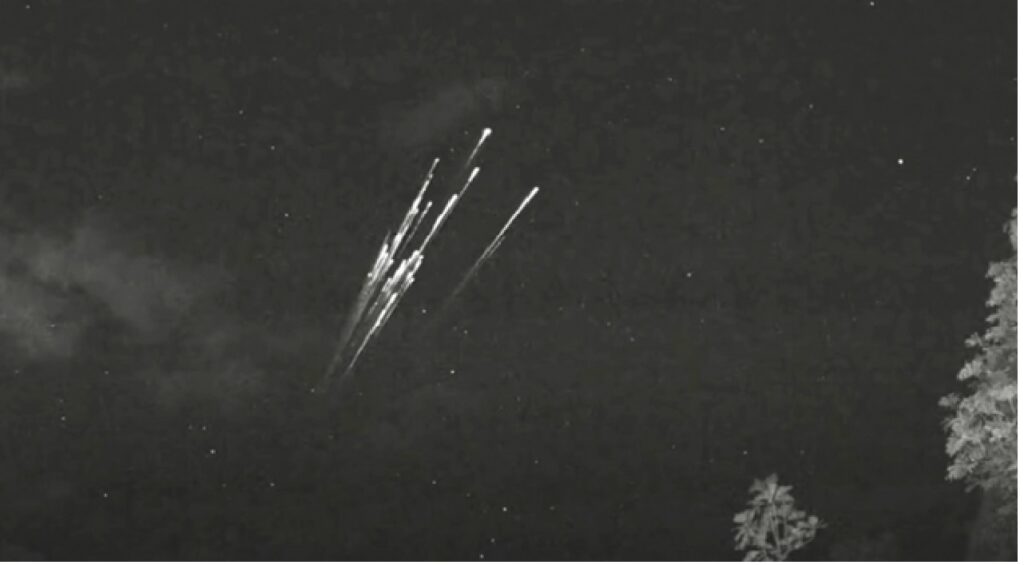Author: Akshay Published Date: June 11, 2025
Solar Fury and Starlink Failures
SpaceX’s Starlink network has faced a dramatic surge in satellite re-entries, with 523 satellites de-orbiting between 2020 and 2024 alone, many coinciding with increased solar activity. During January 2025, nearly 120 satellites fell back to Earth, averaging 4–5 daily.
Why Solar Storms Impact Satellites
We’re heading into a solar cycle peak, and the increased solar output heats and densifies the upper atmosphere. This elevated drag in low Earth orbit (LEO) affects satellites, especially new Starlink units making their way to higher orbits. In one incident, a swarm of 40 satellites failed because of a geomagnetic storm, forcing them into safe mode until they succumbed to drag.
The Environmental Cost
Each burning satellite releases approximately 30 kg of aluminum oxide, with studies indicating an eightfold increase in aluminum aerosols between 2016 and 2022. Scientists warn these particles may impact the ozone layer over time, potentially reversing decades of environmental progress.
What It Means for Orbital Operations
Frequent solar events pose risks to large satellite constellations aiming to provide global connectivity. This incident shows the urgent need for better space weather forecasting. SpaceX is now collaborating with NOAA to improve atmospheric models. Experts also suggest adapting satellite design, making them more drag-resistant or shifting to higher ‘graveyard’ orbits after missions end.
The Big Picture: Why It Matters
- Operational Disruption: Unexpected re-entries may affect frontline services that rely on uninterrupted satellite links.
- Regulatory Gaps: No binding global standards currently regulate satellite debris or atmospheric emissions from re-entries.
- Future Planning: With SpaceX planning up to 42,000 satellites and other providers entering the space race, sustainable strategies are no longer optional—they’re essential.
